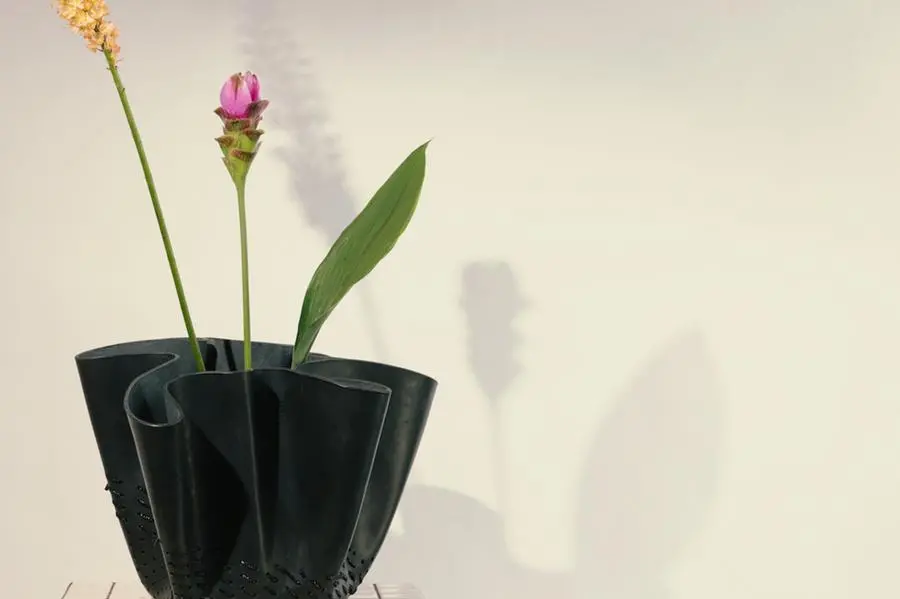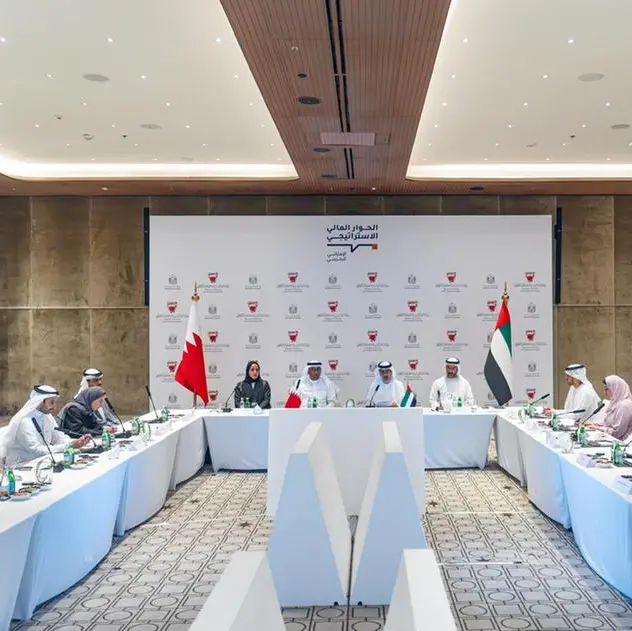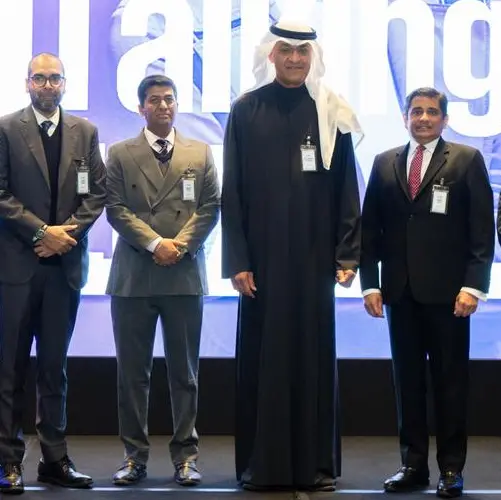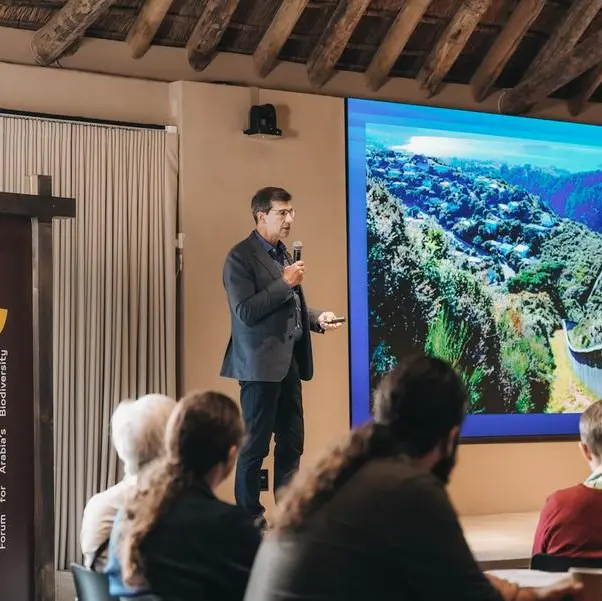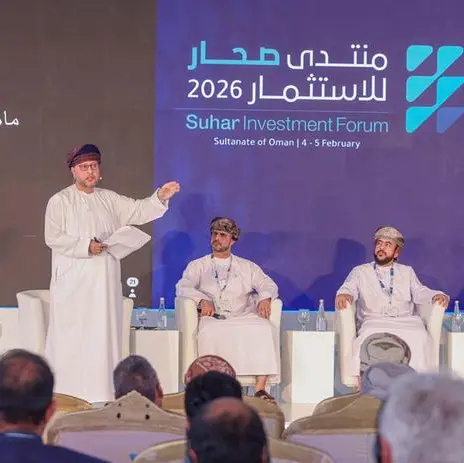PHOTO
Sharjah: The participation of Irthi Contemporary Crafts Council, an affiliate of NAMA Women Advancement, in the Milan Design Week, has concluded on a high note, showcasing Emirati crafts and artisanal techniques that celebrated innovative, cutting-edge design with five collections at one of the world’s most celebrated design events, which was held from 7- 12 June in Milan, Italy.
Irthi has bolstered the global status of traditional crafts and introduced Emirati creative designs to the event’s visitors from around the world, with five innovative collections. Of those, three new collections that featured complex new shapes, sustainable and eco-friendly materials, and a blend of traditional and digital technologies, were marking their debut on the international design platform this year. They included Moui Collection Drop and Nadd Collection Drop alongside Irthi’s Siyada Collection Drop, launched in collaboration with the United Nations High Commissioner for Refugees (UNHCR).
The collections formed part of Irthi’s Series that aim to bring the sophistication and exquisite detailing of luxury handmade crafts to everyday items and comprised uniquely designed yet functional objects that add beauty and joy to the living space.
Moui – a contemporary interpretation of Talli
Talli, traditionally created by Emirati women to decorate the hems, cuffs and collars of Emirati garments, was recontextualised for the Moui Collection Drop into home accessories and sculptural items that can be used as centrepieces in living spaces. Moui - meaning sea waves in Emirati dialect - experiments with the deconstruction of the Talli craft’s design, adaptability, colour, material, and pattern, merging modern lifestyle narratives with those of traditional Emirati narratives.
Designed in collaboration with Shaikha Bin Dhaher, an Emirati artist, and Adrian Salvador Candela, a Barcelona-based designer, Irthi’s Moui Collection Drop is an extension of the previous collaboration that incorporates Emirati Talli with vegetal leather from Valencia, Spain. The sculptural, curvilinear forms of the collection take inspiration from desert dunes and the smooth folds in draped women’s veils, combining natural leather and subtle Talli weaves, creating a dialogue between two crafts and cultures.
The exquisite flower accessories that form part of this collection eloquently brings out the sophistication and exquisite detailing of luxury handmade crafts to everyday items. Featuring an inspiring selection of materials such as brown camel leather and beige natural rope strands and experimenting with new colours and creative macrame weaves, these uniquely designed yet functional objects fulfil Irthi’s vision of adapting Emirati crafts heritage to reflect contemporary trends and ensure its continuity in the modern markets.
Nadd – intersecting crafts with technology
In a fitting demonstration of how tradition and innovation can coexist, the Nadd Collection Drop enhances the traditional Emirati clay crafts by merging hand and machine-made techniques to create a sculptural range of tableware. Using parametric design and digital fabrication tools to create moulds, artisans directly manipulate clay through slip casting techniques, thus infusing a traditional craft with a modern lifestyle narrative.
The Nadd collection comprises a series of light brown clay tableware, each featuring topography carvings, and matt glazing on the inside, and are named after natural elements of the desert landscape.
The collection builds on Irthi’s 2019 collaboration with Emirati designer Fatima Al Zaabi, who expands the boundaries of traditional local crafts and culture by experimenting with different material processes and advanced digital techniques.
A contemporary take on traditional crafts
Farah Nasri, Acting Manager, Curation & Design at Irthi, said: “Irthi’s exceptional works that were on show at Milan Design Week showcased a cross-cultural practice and added a new crafts vocabulary with its innovative adaptation of designs, materials, and techniques. By using centuries-old processes, imbuing them with new materials, pioneering new techniques, and merging various craft disciplines, Irthi is both safeguarding the knowledge and skills associated with traditional crafts and creating new meaning and a new place for these crafts in contemporary, urban markets.”
At Milan Design Week, Irthi also showcased the Thaya Collection Drop, representing a contemporary interpretation of Safeefah (palm frond weaving) homeware items, and highlighted a contemporary collection of multifunctional bowls amalgamating the intricate, handwoven Emriati Talli with the wood-working heritage practised in the Levant from its Zenobia Collection Drop.
-Ends-
